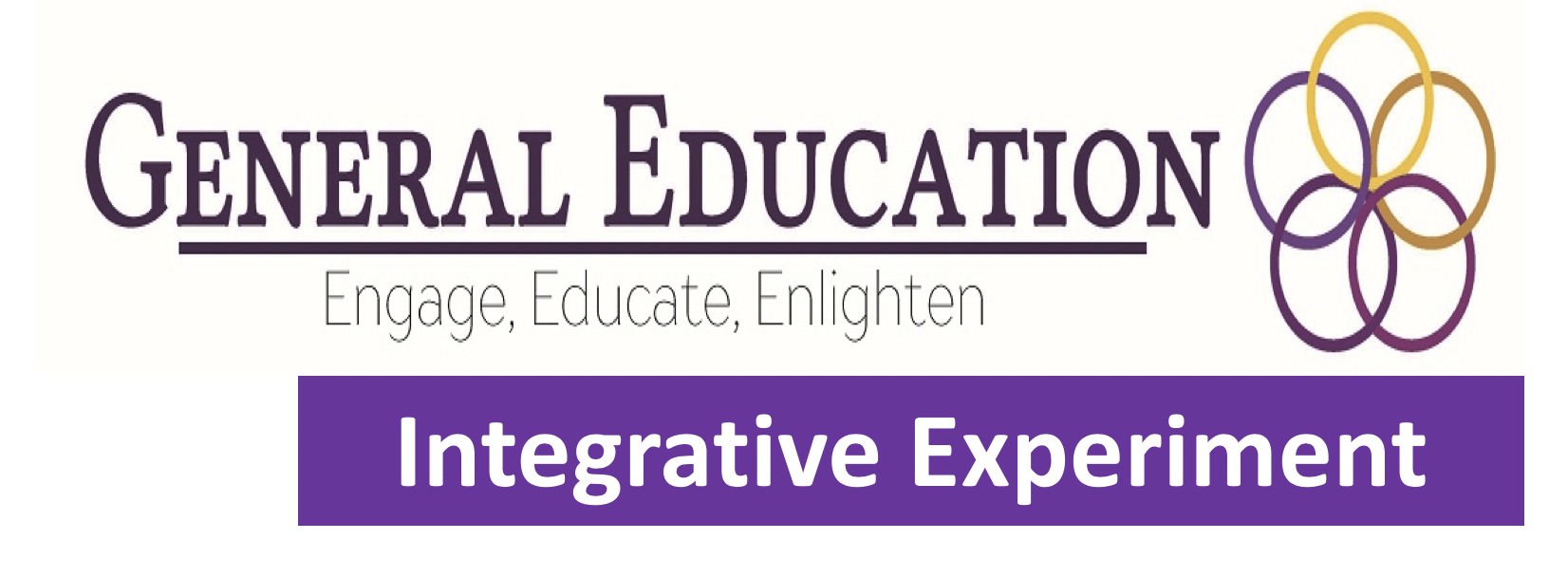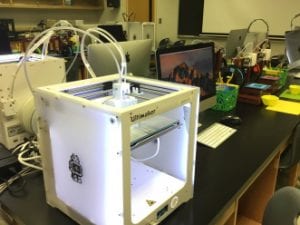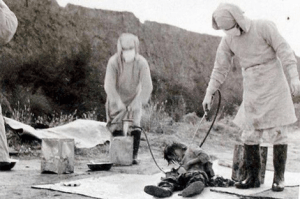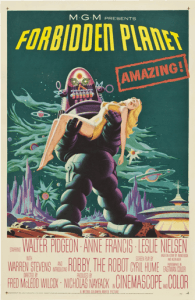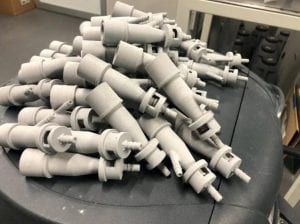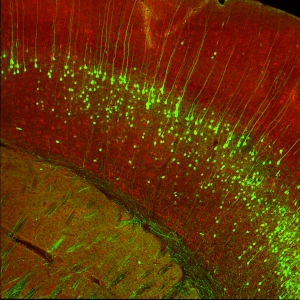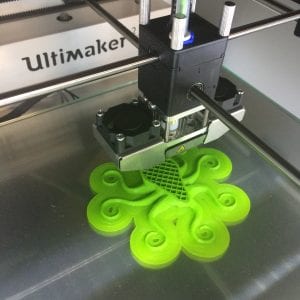Cultural Heritage & The Islamic World - Dr. Sarah Brooks
ARTH 302E (Cultural Heritage & the Islamic World)
M/W 9:45am-11:00am – SSC 4045
Why does preserving cultural heritage matter? How do enduring monuments define identity: personal, local, religious, cultural, and national? Can art create dialogue and understanding? Our course highlights the study of visual culture. It allows us to step outside of our own biases and comparatively study the artistic traditions of Islam around the world, including in the Middle East, Africa, and throughout the Mediterranean World. We will consider major monuments and issues, from the founding of the new faith in the early seventh century CE, up until today. Readings, discussion, collaborative teamwork, individual research and writing, and engagement with our local Muslim community, make up the core of our work together. We will focus on the traditions of the faith, and the artistic, social, political, financial, and ethical challenges to preserving Islam’s most significant monuments around the world.
3D Printing - Creative Community - Prof. Daniel Robinson
ART 312e- 3D Printing – Creative Community
TTh 1:30-4:00pm – Carrier 101
In this class, students will use 3D printing as a way to explore a variety of creative communities and to produce creative work that moves out of the studio and into the public sphere. Through hands-on making, reading, writing, and discussion, students will critically examine themes of authorship, ownership and copyright, and the relationship between collaboration and individualism as it pertains to the Maker movement, DIY culture, and various online and local 3D printing communities.
This experimental course is approved for critical thinking credit in cluster one or VPA credit in cluster two. Seats are limited!
The Science and Ethics of Human-Subject Experimentation - Dr. Mark Mattson
UNST 300E – Section 0001
TT 11:00-12:15pm
Although amazing knowledge can be gained from human-subject experimentation, why is it so highly regulated? The history behind it is complex. For instance, following World War II the United States offered amnesty to enemy medical personnel who gained unique data through brutal human-subject experiments in exchange for their help to interpret the information. Was it right to reconcile the otherwise unobtainable information gained with the horrifying suffering of the victims? How is science used nowadays to justify “destructive research on human embryos?”1 Through the use of historical role-playing, debate, and project development, students will gain greater understanding of the intersection between ethics and human experimentation and how it may affect them in their career.
This is a 300-level interdisciplinary course anticipated to meet the needs of non-freshman students who still have to satisfy the General Education Cluster 1 Critical Thinking requirement. The anticipated enrollment of the course is approximately 20 students and class will meet face-to-face twice a week for 75-minute sessions. This course will introduce students of all majors and interests to the protocols and regulations of experiments that involve humans as subjects; it will also address the often horrifying history of human-subject experimentation that led to the development of these protocols. Students will engage with the subject by developing their own proposals for human-subject research and following a process that mimics the necessary steps to secure legal permission to engage in this research.
1 Douglas, T., & Savulescu, J. (2009). Destroying unwanted embryos in research. Talking Point on morality and human embryo research. EMBO Reports, 10(4), 307–312. http://doi.org/10.1038/embor.2009.54
The Physics of Science Fiction - Dr. Harold Butner
UNST 300E — Section 0002
MW 12:20-1:35p – Madison Hall 1053
What impact does changing the sky have on a society? What would happen to your world if energy was hard to produce, or if it was inexhaustible? What would life be like if space travel was inexpensive? These changes often are the underlying backdrop for stories in science fiction. In this class, we will look for key “background” changes in the world of selected stories, and identify what constraints these physical changes placed on the story.
Each section of the course will draw on multiple examples of how a specific topic in science was explored by various authors, such gravity, or the interaction of man and machine, or genetic engineering, or even changing the sky, in the context of particular stories. To facilitate covering a range of examples, readings will focus on short stories or excerpts from longer novels, rather than reading every examplein full. While our focus will be on science fiction, stories from movies, anime, and manga will also be included. Along the way, we will research what current science says, and what would have to change to produce the new world view for that story. Ideally, you should have had an introduction to the scientific method via an earlier Cluster 3 course, rather a specific Cluster 3 course topic such as Physics. This course will satisfy the Cluster 1 critical thinking GenEd requirement.
You will have an opportunity to select some dramatic change in an area of science that interests you. After researching the science during the semester, at the end of the course, you will present to the class how you think your life would be impacted by the proposed change compared to the way things are now.
3D Printing in Medicine - Prof. Laura Lambert
UNST 300E – Section 0003
MF 8:40am-9:55am – Carrier 101
Students will explore uses of “traditional” 3D printing in the medical field, grappling with topics such as accessibility, cost, and ethics of freely available designs. Ultimately, students will identify and research a need followed by designing, printing and presenting their 3D printed solution. Simultaneously, students will investigate other forms of 3D printing in the medical field, and their applications
Brain/Mind - Dr. George Vidal - Cancelled Fall 2020
UNST 300E: Brain and Mind(Fall 2020) – Section 0004 – CANCELLED FOR FALL 2020
MW 2:30-3:45 – Bioscience Bldg 2033
Professor: Dr. George Vidal “Are you a product of predetermined influences (“nature”)? Did you come from a series of unpredictable experiences (“nurture”)? Does your brain determine who you are? Does your brain operate independently from your body? When the brain shuts down due to disease, is the mind still there? How can we know any of this? As a society, we have devised several ways of thinking about these questions. Entire fields are devoted to answering them: E.g., neurobiology, psychology, and philosophy. Each field is particularly good at answering some of these questions. However, we will explore the possibility that some fields cannot answer all of the questions all of the time. To do so, this course will focus on neurobiology as a case study: What kinds of questions are best answered with neurobiology, and what kinds of questions, if any, cannot be answered effectively by the scientific method? As we do this, we will learn how neuroscience (and more broadly, natural science) is about asking questions out of curiosity and ignorance. Finally, we will explore other ways our society has been able to answer questions about the mind, body, and brain. By the end of the course, you will know where the boundary of knowledge is about the mind, brain and body. You will know how we can push that boundary, what questions remain completely unresolved, and what ways of thinking offer answers to those questions.”
LTLE 375 - 3D Printing Real World Solutions - Dr. Joi Merritt & Jamie Calcagno-Roach
LTLE 375 – 3D Printing Real World Solutions
Wednesdays – 2:30p-5:00p – Carrier 101
